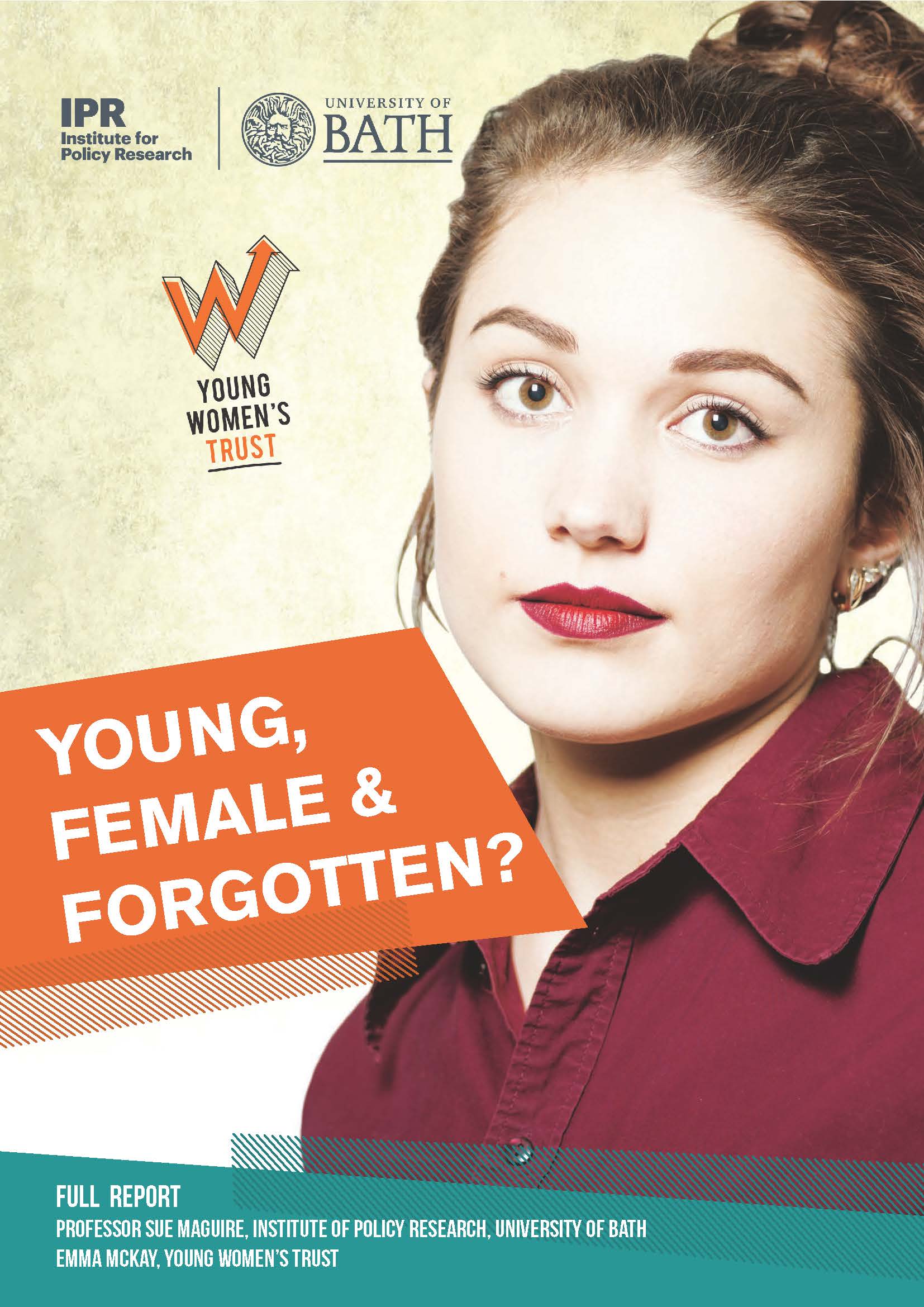A Young Women’s Trust report released today shows that more than a quarter of a million young women are not receiving the support they need to find work – despite 86 per cent of them wanting jobs.
The ‘Young, Female and Forgotten?’ report, is the first in-depth research into young women who are classed as ‘economically inactive’ (not working or currently looking for work) and not in education or training. 285,000 young women fall into this category – 82,000 more than men. They are not included in official unemployment statistics and not given adequate government support to find jobs, despite wanting to work.
The report shows that young women face barriers that shut them out of employment. Caring for family members is the main reason women give for being economically inactive. Mothers in particular struggle to re-enter the workplace due to a lack of affordable childcare at the right times of day and the expectation of families and communities that a ‘good mother’ stays at home with her children. A lack of regular and affordable transport also prevents women finding jobs, especially in rural areas.
Young Women’s Trust has found that local employment initiatives – which help young women in some areas overcome these challenges – fear for their future as European Social Fund money is at risk of being taken away. Without support, young women will find it even harder to find work.
The report reveals the extent to which economically inactive young women can find themselves isolated, with limited support networks, and struggling to get by financially. This can lead to low self-esteem, low confidence and poor mental health – making job-hunting even harder. Being out of work, training and job-hunting for more than a year has been shown to limit a young person’s chances of gaining employment in the future.
The charity’s analysis of Office for National Statistics data shows that 29 per cent of young women who are economically inactive and not in education or training want to work now and 86 per cent thought they would work in the future. They are not eligible for Jobseeker’s Allowance because factors such as having to find childcare prevent them from being immediately ready for work. The young women the charity spoke to said they hoped to find jobs, leave the benefits system and secure financial independence. They welcomed support from someone who understood their needs to help them achieve this.
One single woman, aged 19 and pregnant, who was interviewed for the study said:
“I do not know how I am going to do it [find work]. It would be helpful if I could sit down with someone to help me go through things when I am ready. I don’t know how it works. I would love someone to tell me how it works. I have not got a clue. Make me understand how I can do it, how I can cope. The kid, me, work etc. … Someone external, who has been in our situation and done it. A young mum who is working now and has a house.”

